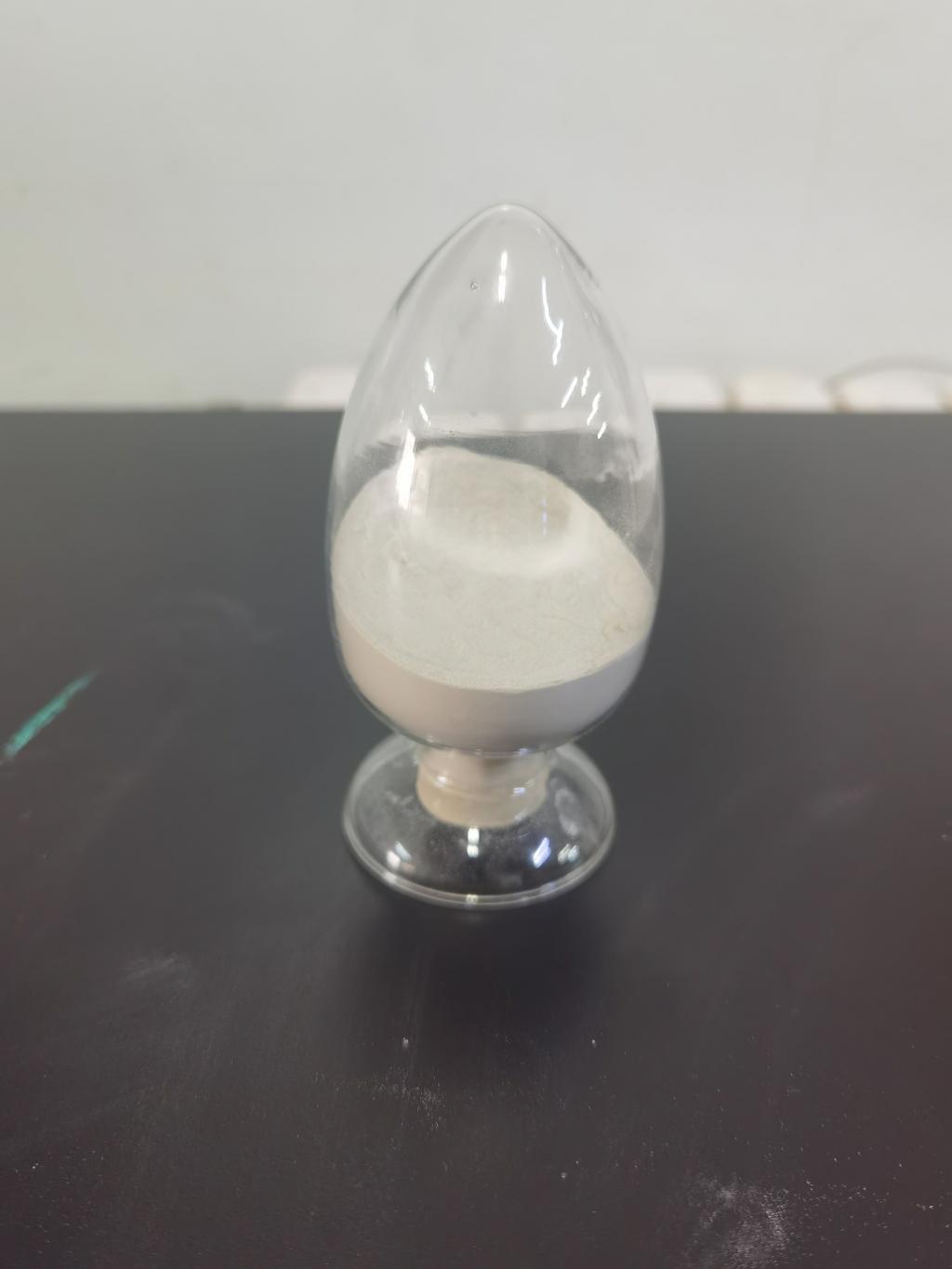Tel:+8618231198596

News
 CONTACT
CONTACT
 CONTACT
CONTACT
- Linkman:Linda Yao
- Tel: +8618231198596
- Email:linda.yao@dcpharma.cn
- Linkman:CHARLES.WANG
- Department:Overseas
- Tel: 0086 0311-85537378 0086 0311-85539701
News
Current Position:
Home >
News
>The environmental impact of nisin production versus synthetic alternatives.
The environmental impact of nisin production versus synthetic alternatives.
TIME:2024-11-20
Nisin Production: A Natural and Sustainable Process
Nisin is a naturally occurring antimicrobial peptide produced through fermentation. It is produced by Lactococcus lactis, a bacterium commonly found in fermented dairy products. The production process involves cultivating Lactococcus lactis in a controlled environment where it ferments sugars and produces nisin as a byproduct. This biotechnological process is relatively efficient and scalable, using natural resources such as plant-based sugars or whey, a byproduct of the dairy industry, as substrates.
Several key factors make nisin production more environmentally sustainable compared to synthetic preservatives:
Biological Production: Nisin’s production is based on biological fermentation, which is a renewable process requiring fewer chemicals and hazardous materials than synthetic production methods. The use of microbes to produce nisin minimizes the environmental impact associated with petrochemical-based processes used in synthetic preservative production.
Lower Energy Consumption: Fermentation processes, especially those used for producing nisin, are typically carried out at moderate temperatures, reducing the energy consumption compared to the energy-intensive processes required for the synthesis of many artificial preservatives. In contrast, the chemical synthesis of many synthetic preservatives (such as BHA, BHT, or sodium benzoate) often requires high temperatures, harsh chemicals, and complex processing steps that demand considerable energy.
Use of Renewable Resources: Nisin is produced using renewable resources, such as sugar or agricultural byproducts, which can be sourced sustainably. For example, whey, a byproduct of cheese and yogurt production, is frequently used as a substrate for nisin production, contributing to the circular economy by reducing waste from the dairy industry.
Biodegradability: Nisin, being a natural product, is biodegradable and generally considered environmentally friendly. Unlike many synthetic chemicals that persist in the environment and can accumulate in ecosystems, nisin’s biological origin ensures it breaks down without leaving harmful residues. This contrasts with synthetic preservatives that can persist in the environment, contributing to pollution and harming wildlife.
Synthetic Preservatives: Environmental Concerns
Synthetic preservatives, such as BHA (butylated hydroxyanisole), BHT (butylated hydroxytoluene), sodium benzoate, and potassium sorbate, are widely used in food preservation due to their effectiveness and low cost. However, their production and use can have considerable environmental impacts:
Energy-Intensive Manufacturing: The chemical synthesis of synthetic preservatives requires energy-intensive processes involving high temperatures and the use of petrochemicals. The extraction and processing of raw materials for synthetic chemicals contribute to carbon emissions and environmental degradation. Additionally, the synthesis of some preservatives involves complex multi-step processes, each of which requires significant amounts of energy and resources.
Chemical Waste and Pollution: The production of synthetic preservatives often generates chemical waste and byproducts that require proper disposal. These byproducts can include toxic solvents, heavy metals, and other pollutants that, if not managed properly, can lead to environmental contamination. Moreover, many synthetic preservatives are not biodegradable and can persist in the environment, contributing to pollution in water systems and soil.
Toxicity and Accumulation: Some synthetic preservatives, such as BHA and BHT, have been associated with potential health risks and environmental toxicity. These chemicals can accumulate in ecosystems, harming plants, animals, and microorganisms. Over time, the accumulation of synthetic chemicals in the environment can disrupt ecological balances and impact biodiversity.
Dependency on Non-Renewable Resources: Many synthetic preservatives are derived from petroleum-based chemicals, making their production dependent on non-renewable resources. This creates a further environmental burden by contributing to the depletion of fossil fuels and the associated environmental impacts, such as oil extraction and refining processes.
Comparative Environmental Impact: Nisin vs. Synthetic Alternatives
When comparing the environmental impact of nisin production to that of synthetic preservatives, several key differences emerge:
Sustainability: Nisin’s production is based on renewable biological processes, utilizing natural resources like sugar and whey, which are less harmful to the environment than the fossil fuel-dependent production of synthetic preservatives.
Energy Consumption: The fermentation process used for nisin production consumes significantly less energy than the chemical synthesis of synthetic preservatives, leading to a lower overall carbon footprint.
Biodegradability and Waste: Nisin is biodegradable and does not accumulate in the environment, unlike many synthetic preservatives that persist in ecosystems, contributing to pollution. Furthermore, the waste products from nisin production are typically less harmful than those generated during the chemical synthesis of synthetic preservatives.
Toxicity and Ecological Impact: Nisin has minimal toxicity to the environment and is considered a safe and natural substance. In contrast, some synthetic preservatives, such as BHA and BHT, have raised concerns about their potential environmental toxicity and health risks.
Conclusion
Nisin, a naturally occurring antimicrobial peptide, offers a more environmentally sustainable alternative to synthetic preservatives in food production. Its biological production via fermentation reduces energy consumption, minimizes chemical waste, and supports the use of renewable resources. Furthermore, nisin’s biodegradability and low toxicity make it a safer choice for the environment compared to many synthetic preservatives that contribute to pollution, ecosystem disruption, and health risks.
- Tel:+8618231198596
- Whatsapp:18231198596
- Chat With Skype







